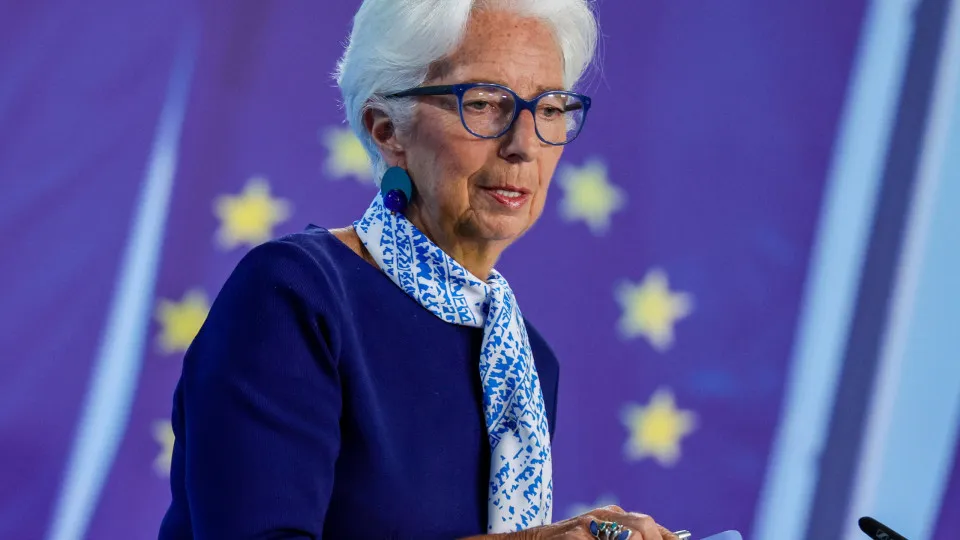
The Portuguese Ministry of Foreign Affairs stated on Monday that the “Portuguese government deeply regrets the consequences of the earthquake in Afghanistan,” which resulted in at least 600 deaths and thousands of injuries.
“The Portuguese government deeply regrets the devastating consequences of the earthquake in Afghanistan, which caused hundreds of fatalities and thousands of injuries,” reads a statement from the ministry led by Paulo Rangel on the social network X.
The statement further adds that Portugal “expresses solidarity with the Afghan people and is willing to support rescue efforts by the UN and the Red Crescent.”
It should be noted that eastern Afghanistan was hit by a magnitude 6.0 earthquake on the Richter scale, followed by several aftershocks, on Sunday night.
The 6.0 magnitude earthquake occurred at 11:47 p.m. local time (8:17 p.m. in Lisbon) and was followed by at least two aftershocks of magnitude 5.2.
According to the latest tally from the Taliban Ministry of Interior, at least 622 people have died and more than 1,500 were injured following the earthquake.
The U.S. Geological Survey reports that the epicenter of the earthquake was located 42 kilometers from Jalalabad, the capital of Nangarhar province, and at a depth of just eight kilometers, which exacerbated the level of destruction.
The tremors caused numerous landslides that blocked the few existing roads, completely isolating dozens of villages.
Journalists from the French news agency Agence France-Presse (AFP) felt the tremors in Kabul for several seconds, as did those in Islamabad, the capital of neighboring Pakistan, 370 kilometers away in a straight line.
In addition to the main earthquake, tremors and aftershocks were recorded in Pakistan, although no casualties or material damage have been confirmed so far, according to Pakistani television Geo TV.
On the Richter scale, an earthquake with a magnitude between 6 and 6.9 is classified as strong and can be destructive within an area of a hundred kilometers around the epicenter.
Afghanistan is frequently hit by earthquakes, especially in the Hindu Kush mountain range, near the junction of the Eurasian and Indian tectonic plates.
This is already the most severe tremor to hit the country since October 2023, when a series of earthquakes devastated the western province of Herat, causing more than 1,500 deaths.
[Updated at 08:55]




